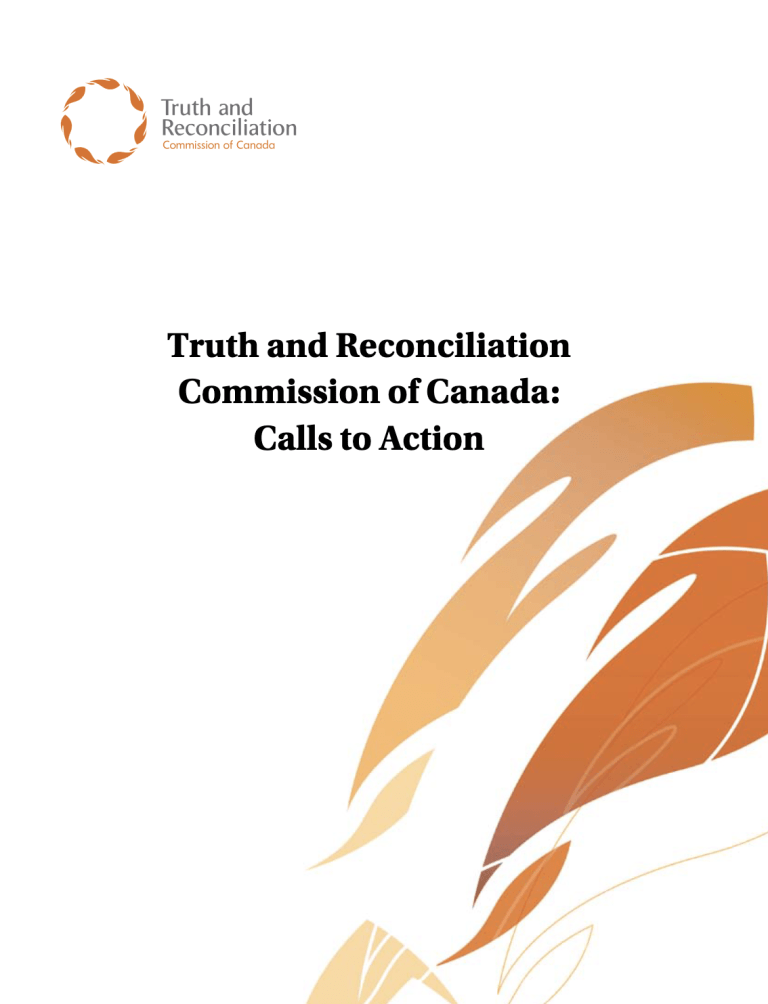91 search results
for
Indigenous Peoples
Legacy
Justice
Recommendation 33: We call upon the federal, provincial, and territorial governments to recognize as a high priority the need to address and prevent Fetal Alcohol Spectrum Disorder (FASD), and to develop, in collaboration with Aboriginal people, FASD preventive programs that can be delivered in a culturally appropriate manner.-
Category and theme:
Audience:
Groups affected:
Legacy
Justice
Recommendation 35: We call upon the federal government to eliminate barriers to the creation of additional Aboriginal healing lodges within the federal correctional system.-
Category and theme:
Groups affected:
Legacy
Justice
Recommendation 36: We call upon the federal, provincial, and territorial governments to work with Aboriginal communities to provide culturally relevant services to inmates on issues such as substance abuse, family and domestic violence, and overcoming the experience of having been sexually abused.-
Category and theme:
Audience:
Legacy
Justice
Recommendation 37: We call upon the federal government to provide more supports for Aboriginal programming in halfway houses and parole services.-
Category and theme:
Audience:
Groups affected:
Legacy
Justice
Recommendation 38: We call upon the federal, provincial, territorial, and Aboriginal governments to commit to eliminating the overrepresentation of Aboriginal youth in custody over the next decade.Legacy
Justice
Recommendation 39: We call upon the federal government to develop a national plan to collect and publish data on the criminal victimization of Aboriginal people, including data related to homicide and family violence victimization.-
Category and theme:
Audience:
Groups affected:
Legacy
Justice
Recommendation 40: We call on all levels of government, in collaboration with Aboriginal people, to create adequately funded and accessible Aboriginal-specific victim programs and services with appropriate evaluation mechanisms.-
Category and theme:
Audience:
Groups affected:
Legacy
Justice
Recommendation 41: We call upon the federal government, in consultation with Aboriginal organizations, to appoint a public inquiry into the causes of, and remedies for, the disproportionate victimization of Aboriginal women and girls. The inquiry’s mandate would include:- Investigation into missing and murdered Aboriginal women and girls.
- Links to the intergenerational legacy of residential schools.
-
Category and theme:
Audience:
Legacy
Justice
Recommendation 42: We call upon the federal, provincial, and territorial governments to commit to the recognition and implementation of Aboriginal justice systems in a manner consistent with the Treaty and Aboriginal rights of Aboriginal peoples, the Constitution Act, 1982, and the United Nations Declaration on the Rights of Indigenous Peoples, endorsed by Canada in November 2012.-
Category and theme:
Audience:
Groups affected:
Reconciliation
Canadian governments and the United Nations Declaration on the Rights of Indigenous People
Recommendation 43: We call upon federal, provincial, territorial, and municipal governments to fully adopt and implement the United Nations Declaration on the Rights of Indigenous Peoples as the framework for reconciliation.-
Category and theme:
Audience:
Groups affected:
